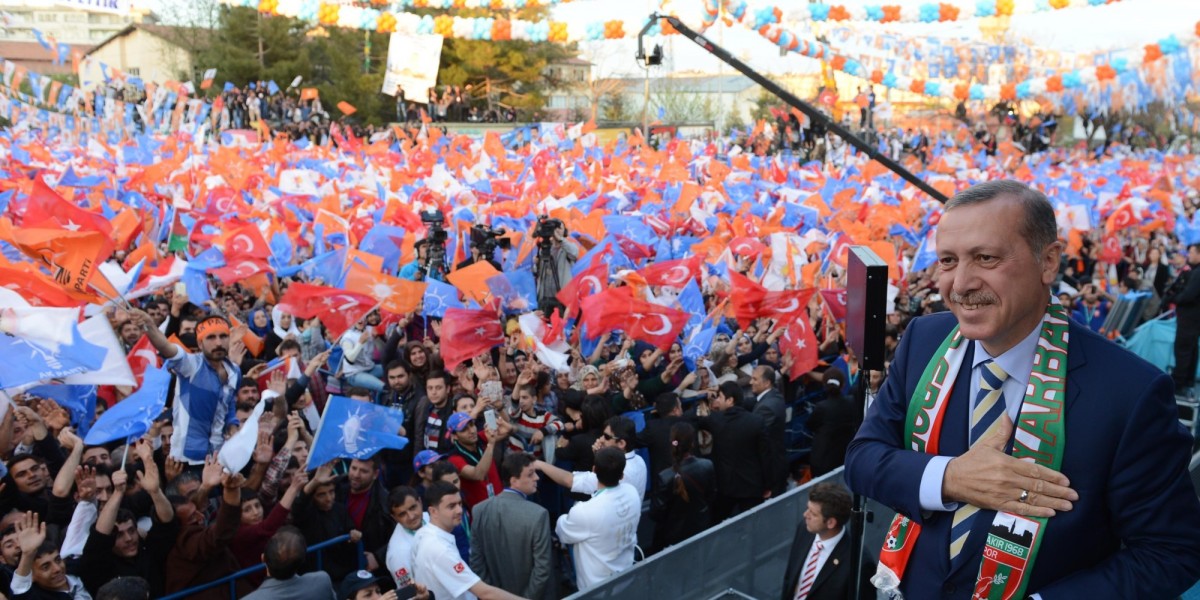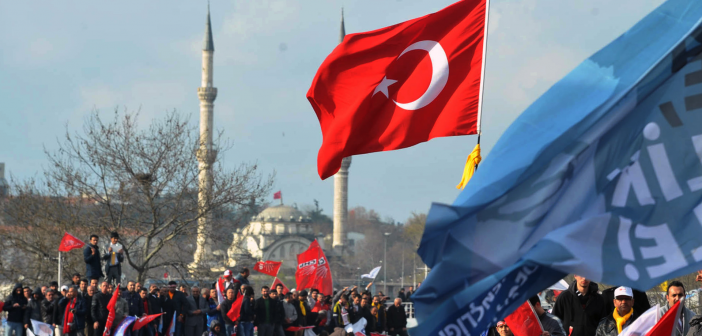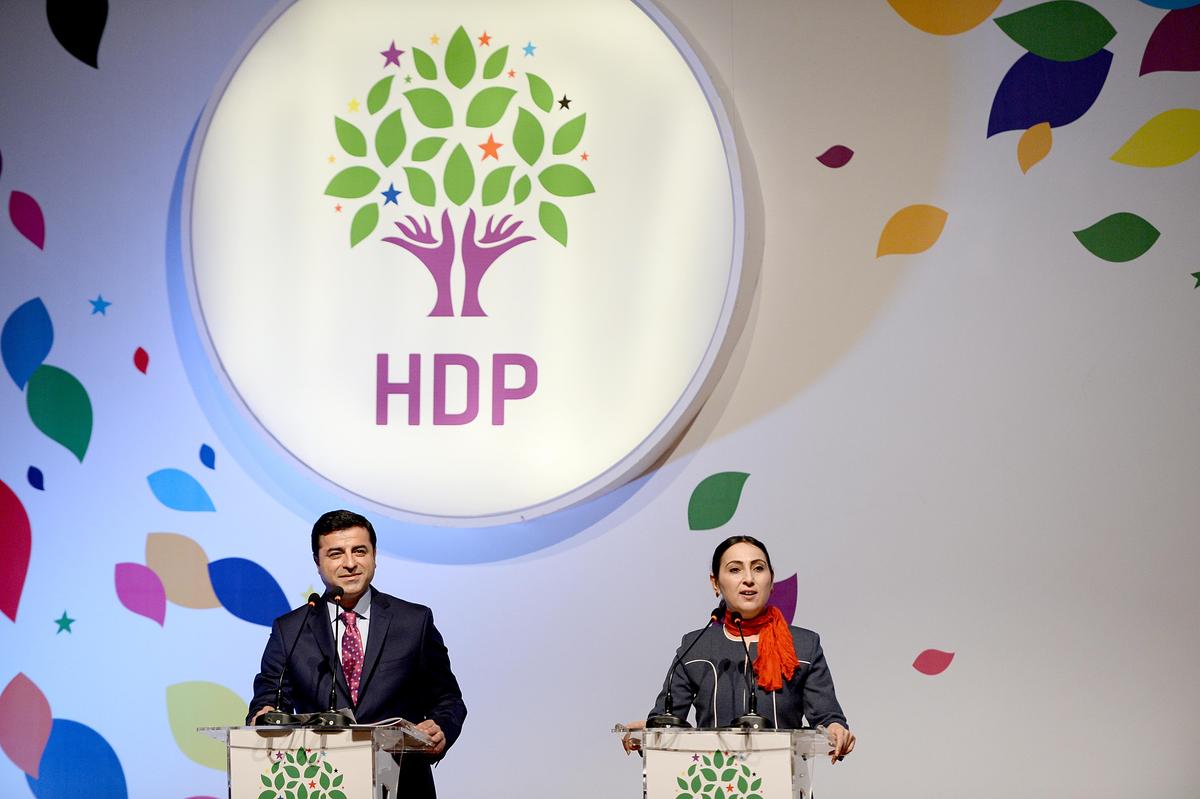The Turkish election earlier this month had an outcome that few would have expected a year ago. Many predictions may have been made. Prime Minister turned President Recep Erdogan would hold onto and increase his power. The ruling AKP, Turkey’s Justice and Development Party, would remain the largest party in Parliament. In 2015, the same strong majority government would return to govern for another four years. These people could not have been more wrong. Over the last year, and especially in the past few months, the Middle East has once again been transformed. The shifting dynamics in the region have had a knock-on effect on every country, and Turkey perhaps most of all.
The rise of ISIS, and their rampaging throughout Iraq and Syria, has sent shivers coursing through the Turkish body politic. Business as usual was never going to be an option. The game has changed.
It would not be unfair to say that Turkey has a complicated relationship with the current conflicts ongoing in the region. The failure of the Iraqi army in the face of ISIS left the fight in the hands of the Peshmerga – a Kurdish nationalist army.
Turkey is one of the nations involved in the fight against ISIS, and, in finding itself on the same side as the Peshmerga, it has been forced to confront its own past.
Kurdish movements using violent methods have long been a feature of Turkey’s political life. The fight against the PKK, the militarised Kurdistan Worker’s Party, locked the government into almost thirty years of conflict, which only officially ended in 2013. However, with the rise of ISIS, the government can no longer see the Kurds as their main enemy.
The elections of 2015 have shown that Turkey’s political realignment is inevitable. Erdogan’s hold on power has been steadily decreasing. The composition of the new parliament is unlike anything Turkey has ever seen. The majority of the AKP no longer exists, and the pro-Kurdish HDP, the People’s Democratic Party, has increased their seat share to 13%. The Peshmerga brought the plight of the Kurds to the forefront, and this was reflected in the ballot.
By espousing liberal values and left-wing ideals, in direct opposition to Erdogan’s increasingly traditional stance, the HDP managed to take 80 seats, and become tied as the third largest party in the Grand National Assembly.
The Grand National Assembly has now opened, and the race to create a new government is on. The AKP is still the largest party in parliament, and there are hopes of a formal coalition. Prime Minister Ahmet Davutoglu has stated that the party is prepared to speak to all of the three other parties which have seats. Erdogan’s bid to increase the powers of the president failed to pass. Thirteen years of AKP majority rule have come to an end. With ISIS rampaging in Syria, and Kurds flooding across the border, political paralysis is not an option. As the second day of the new assembly continues, the world will be watching as the parties attempt to form a government. For the sake of the region, it must happen sooner rather than later.
If you like this article you may be interested in “Turkey’s Terrorism Dilemma”.






